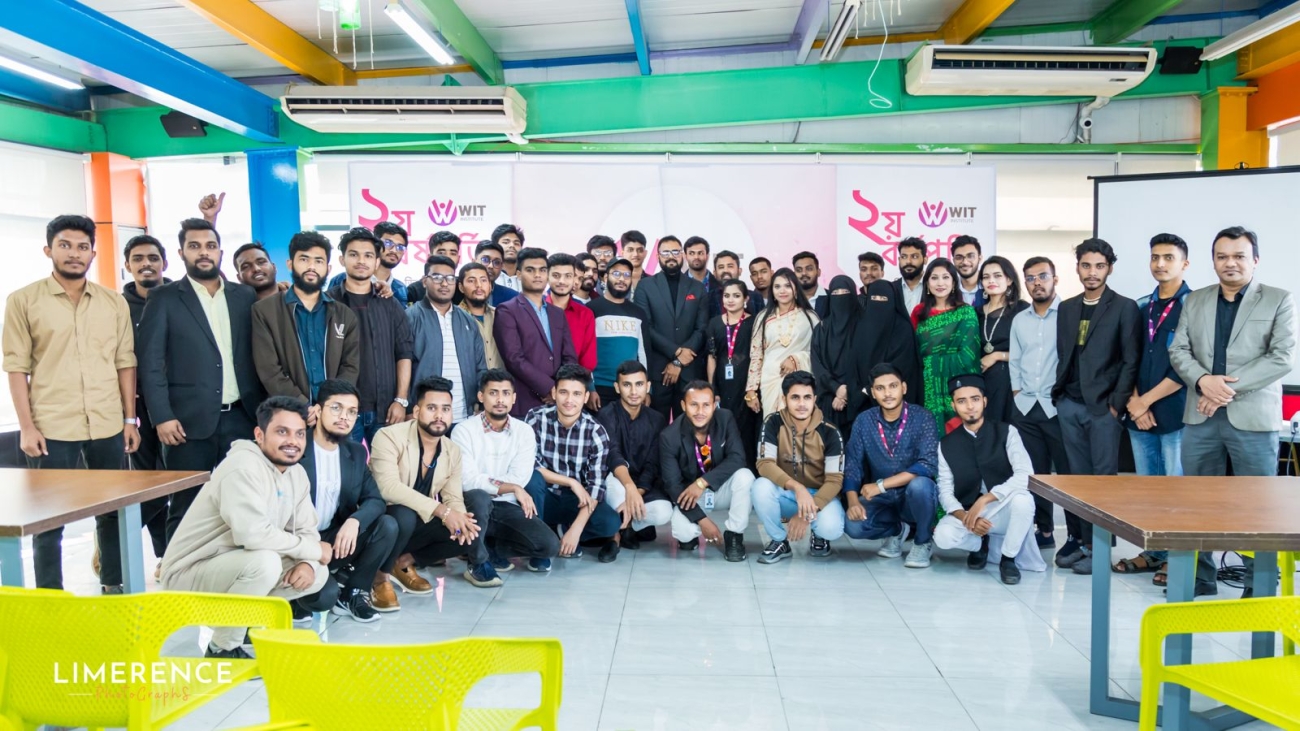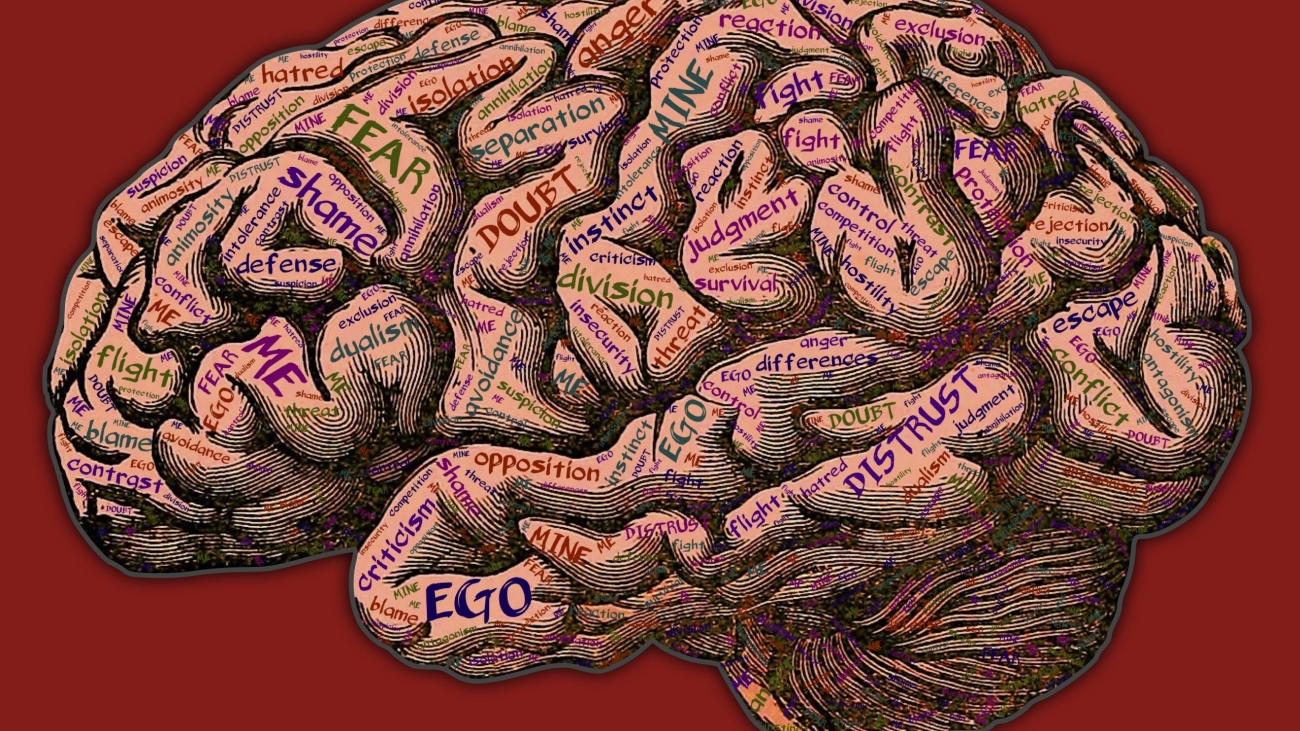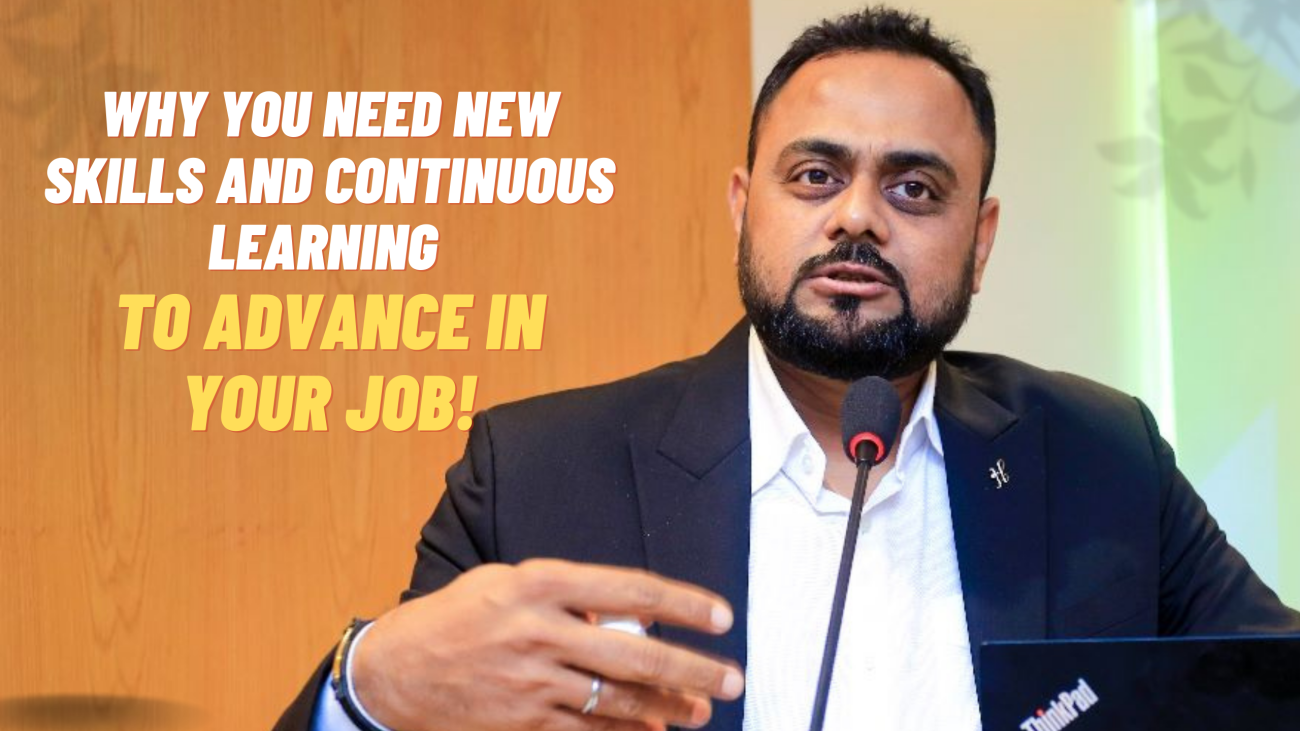Over the past several years, there has been a notable surge in the aspiration of Bangladeshi youth to become entrepreneurs or company founders. In a nation with an approximate population of 180 million and an average age of 27.1 years (according to Worldometer), the increasing enthusiasm for entrepreneurship is a positive indication of economic progress.
The lack of full-time-paid job prospects is not only restricted to Bangladesh but also affects the worldwide environment. In 2023, I undertook a journey to over 30 universities and polytechnics, where I provided mentorship, delivered talks, and facilitated workshops. Through these encounters, I discovered that, on average, 30% of students in a class expressed a preference for pursuing entrepreneurship instead of a conventional job.
The remarkable change in perspective is deserving of recognition, and the government and other stakeholders should be credited for their relentless efforts in inspiring young people to engage in entrepreneurship. International funding agencies are actively contributing to the promotion of entrepreneurship development in their programs.
However, despite the prevailing enthusiasm, it is an undeniable fact that a significant proportion of businesses encounter failure, with over 70% failing to survive beyond the initial year (according to CB insights).
The Common Challenges
Being extensively engaged in the entrepreneurial ecosystem, I have made deliberate attempts to comprehend the causes of these failures and have successfully recognized common pitfalls.
- An ongoing obstacle is the mistaken belief that starting a business requires a significant amount of initial funding. A multitude of ambitious entrepreneurs, particularly those coming from rural regions and beyond the city center, are overflowing with creative ideas. However, individuals frequently yield to a rigid attitude, believing that they are unable to start a startup without substantial cash or waiting for grants. As a result, promising ideas diminish.
- Another significant observation is the absence of adequate market research and networking. Many ambitious entrepreneurs encounter failure in establishing connections with established businesses or in seeking solutions due to their poor questioning. Concepts may ignite, but without effective research and collaboration, they have difficulty gaining momentum.
- Collaboration is an essential element of entrepreneurship, but certain entrepreneurs have a tendency to excessively depend on the abilities of others. For example, individuals who want to develop technology-based businesses may collaborate with friends who are knowledgeable about technology. However, when these coworkers leave for any cause, startups become vulnerable to failure.
- There is a noticeable gap in financial literacy. A lot of entrepreneurs lack understanding of product costing, initial investments, fixed and variable expenditures, as well as the complexities of annual planning, which includes marketing, hiring, sales, and accounting.
- Based on my personal observations, the primary factors contributing to the failure of startups are typically legal obstacles, cash misallocation, insufficient market analysis, and a lack of financial expertise. Tackling these difficulties requires a comprehensive approach.
- Although the government has made praiseworthy endeavors to promote an entrepreneurial ecosystem, there continue to be legal complications. Enhanced and entrepreneur-friendly rules and regulations can greatly promote an environment that is favorable for innovation and the expansion of businesses.
Piloting Solution
Within the domain of entrepreneurship, conversations frequently center around obstacles, although it is the solutions that genuinely create the path to achievement. As a passionate supporter of promoting entrepreneurship among youths, we have developed a comprehensive solution. The solution is presented as a structured course module named InnoBiz which consists of three essential components:
- Idea Development and
- Business Plan Development with Pitching Strategies
- Compiling of all Legal documentation with Access to Funding Support
The implementation phase entailed validating the module’s correctness with stakeholders. In order to execute the program, we have chosen Daffodil Polytechnic as the model institution and are in the process of establishing an Entrepreneurship Development Club to foster an entrepreneurial culture and mindset. An individual was selected to supervise club operations with the assistance of a committed team of five members. Six individuals were prepared with the requisite abilities through a training of trainers program.
A rigorous selection procedure was developed to find prospective entrepreneurs, which included administering a questionnaire to 200 candidates. Following rigorous workshops and seminars, a total of 25 students were chosen based on their objectives and dedication. The participation of reputable startup founders and mentors, who shared significant insights and experiences, further increased the program’s effectiveness.
In order to get investments, strategic alliances were established with Bangladesh Venture Capital Limited and KnowledgeVale, a provider of co-working spaces. After the logistical and resource developments, the group of 25 students participated in a vigorous 8-week program focused on developing entrepreneurial skills. This program included two weeks of classroom-based activities and six weeks of practical work both in the field and at a desk. The 25 trainees and 6 mentors maintained constant communication using WhatsApp and Google Meet. Various forms, tools, and research data were exchanged and discussed online and offline during desk jobs.
After finishing the program, the students acquired expertise in several areas, such as financial literacy, product/service costing, team building, branding and promotion, investment strategies, market research, sales strategies, cost analysis, profit forecasting, cash flow management, funding sources for startups, legal documentation, human-centered problem-solving, prototype development, and idea presentation and pitching.
Outcomes Piloting Solutions
The Entrepreneurship Festival marked the summit of this undertaking, during which the 25 students exhibited their prototypes aimed at addressing the specific challenges described in their business ideas. Prominent startup founders offered significant insights derived from their experiences. Bangladesh Venture Capital examined and authorized the business’s ideas, resulting in immediate financing for two students, while others launched the businesses using their own funds. These 25 students are now getting mentorship support through the Entrepreneurship Development Club.
This model emphasizes the significance of not only motivation but also the necessity for a comprehensive approach that includes multiple stakeholders. By implementing comparable entrepreneurial models, universities, colleges, and institutions globally may facilitate the transformation of our skilled young individuals from passive job seekers to active job creators. This, in turn, will cultivate a climate of innovation and economic empowerment.
Conclusion
To sum up, promoting entrepreneurship in Bangladesh needs an in-depth approach that includes improved networking opportunities, financial literacy, and regulatory reforms. By tackling these obstacles, we can enable the ambitious entrepreneurs of Bangladesh to transform their innovative ideas into thriving enterprises, ultimately boosting the country’s economic fulfillment.
——————————————————————————xxx———————————————————————————————-
K. M. Hasan Ripon is a distinguished figure and a leading career mentor in Bangladesh, recognized for his expertise as an entrepreneurial ecosystem builder and employability specialist. He currently holds key positions, serving as the Executive Director of Bangladesh Skill Development Institute (BSDI), Managing Director of Global Entrepreneurship Network Bangladesh, Executive Director of Daffodil Education Network, and Vice President of Start and Improve Your Business Foundation of Bangladesh.
With a wealth of experience, he has consulted for over 100 national and international organizations, providing training for executive development in areas such as communication, leadership, customer service, team building, negotiation, and problem-solving. Hasan Ripon’s extensive reach includes visits to 64 districts in Bangladesh and travels to 40 countries as a speaker and workshop facilitator. He has inspired over 100,000 youth and graduating students in 100+ public and private universities and polytechnics in Bangladesh, as well as more than 20 international universities.
Hasan Ripon is widely recognized on social networks, with a fan following exceeding 3 million, as a skills activist and inspirational speaker. His previous roles include serving as a short-term consultant at the World Bank, consultant for Industry 4.0 (HTS) at a2i, ICT Division (government agencies), master trainer and industry assessor (CBT&A) at ILO, convener of the National Board of CYFI Bangladesh, and a fellow of the Royal Society of Arts (FRSA). He also previously served as the local president of JCI Bangladesh (Dhaka Central).










